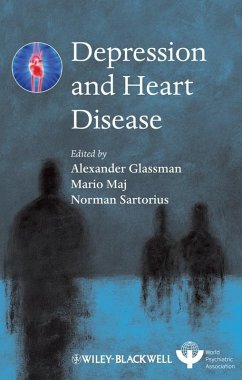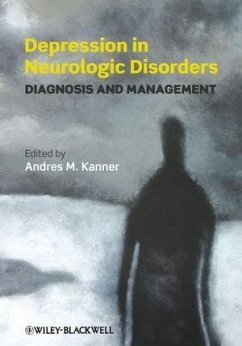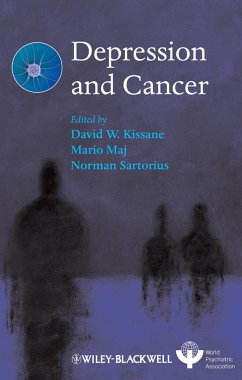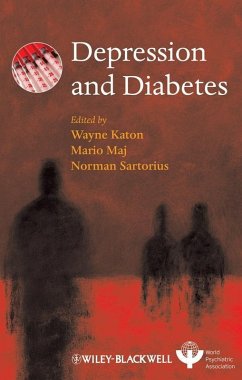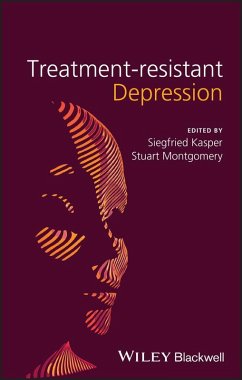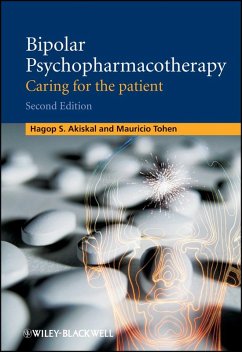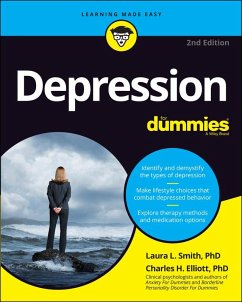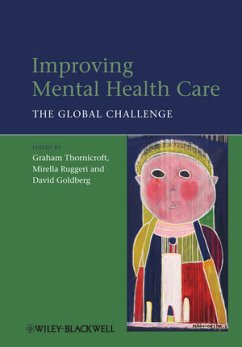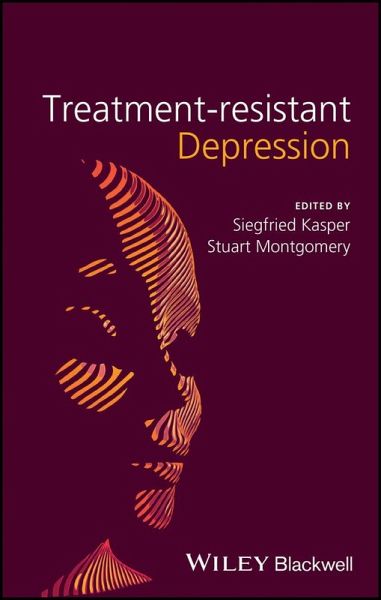
Treatment-Resistant Depression (eBook, PDF)
Versandkostenfrei!
Sofort per Download lieferbar
38,99 €
inkl. MwSt.
Weitere Ausgaben:

PAYBACK Punkte
0 °P sammeln!
Treatment-resistant Depress Successful management of patients with treatment-resistant depression requires a thorough understanding of the biological basis for both the depression and its failure to respond to standard treatments. This book clearly and succinctly summarizes the latest scientific research and its applications in clinical practice. A first step is a clear definition of what constitutes treatment-resistant depression so that clinical trials and other studies are using common criteria, enabling comparison and meta-analysis of their outcomes. The opening chapter reviews definitions...
Treatment-resistant Depress Successful management of patients with treatment-resistant depression requires a thorough understanding of the biological basis for both the depression and its failure to respond to standard treatments. This book clearly and succinctly summarizes the latest scientific research and its applications in clinical practice. A first step is a clear definition of what constitutes treatment-resistant depression so that clinical trials and other studies are using common criteria, enabling comparison and meta-analysis of their outcomes. The opening chapter reviews definitions and predictors of treatment-resistant depression originating from different fields and discusses their usefulness in clinical practice and clinical research. The next chapter proposes a new definition, adapting terminology from medicine. Biological classification requires identification of genetic risk factors and gene variants have been identified as accounting for 50% of the variance in the clinical outcomes of antidepressant treatments. Chapter 3 describes several genes already associated with treatment-resistant depression and, while further work is needed to translate findings into clinical recommendations, suggests that genetic prediction of treatment resistance could become a widespread clinical reality within a few years. Most patients with treatment-resistant depression will be treated pharmacologically, so three chapters review the latest evidence for pharmacological best practice in switching strategies for antidepressants, the role of antipsychotics and augmentation strategies to complement lithium. There are two major alternatives to pharmacotherapy: neuromodulation and psychotherapy. The brain intervention chapter summarizes clinical research and experience with electroconvulsive therapy, transcranial magnetic stimulation, vagus nerve stimulation, deep brain stimulation and magnetic seizure therapy. The final chapter reviews the literature pertaining to the effectiveness of various forms of psychotherapy in patients who have not responded to antidepressant pharmacotherapy, explaining that patients who have not responded to one or two trials of antidepressant medication have a 30%-50% chance of responding to a focused psychotherapy. It proposes indications for psychotherapy in treatment-resistant depression and summarizes general therapeutic principles. Essential reading for all psychiatrists managing patients with this distressing disorder.
Dieser Download kann aus rechtlichen Gründen nur mit Rechnungsadresse in D ausgeliefert werden.



